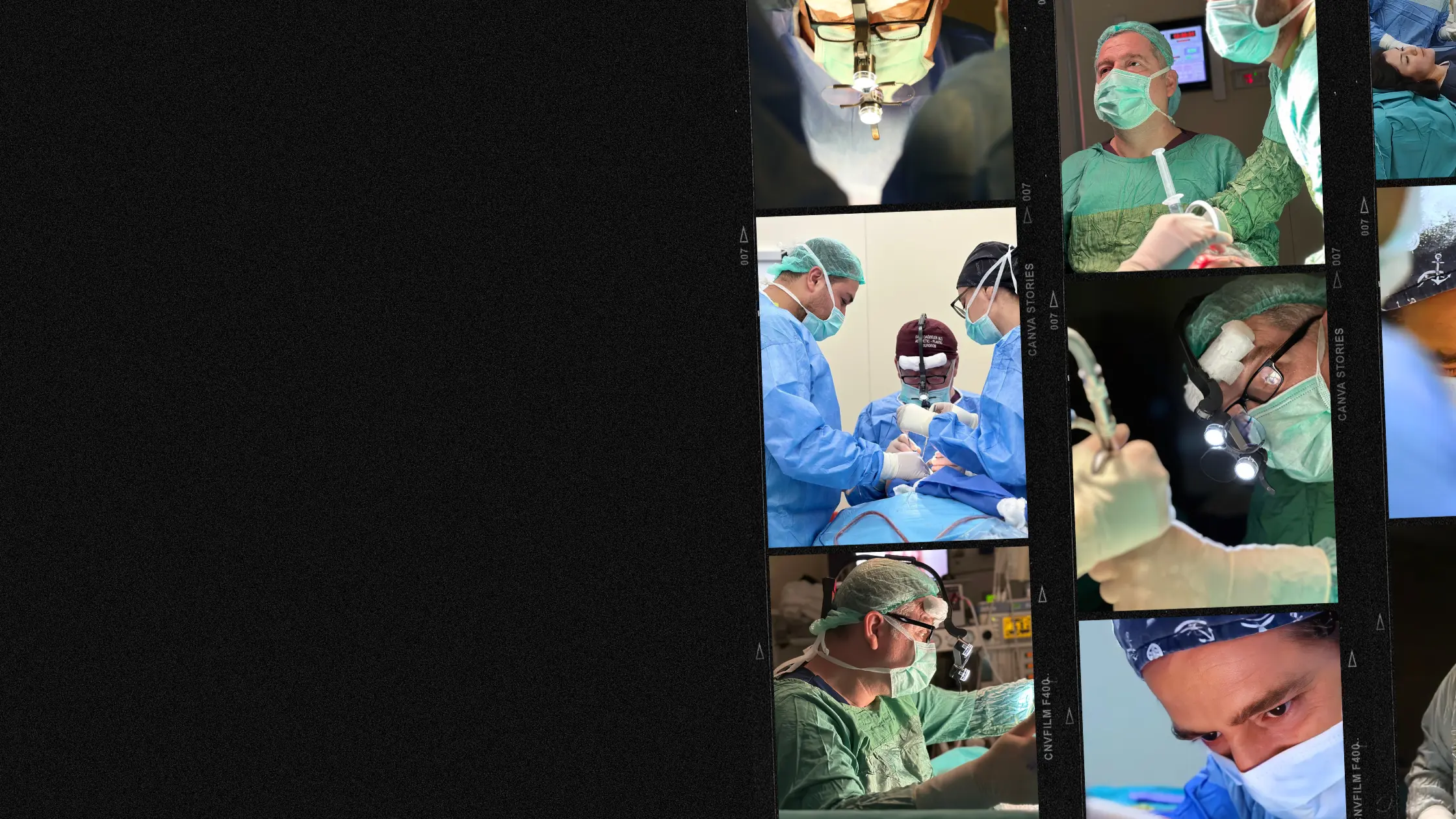“`html
Post-Hair Transplant Nutrition and Care: Expert Recommendations
Hair transplantation is a complex surgical procedure that necessitates detailed aftercare to ensure optimal results. A significant aspect of this aftercare involves post-hair transplant nutrition and care. Proper nutrition and care can greatly enhance the success rate of the transplant and facilitate quicker recovery. In this paper, we will delve into expert recommendations for post-hair transplant nutrition and care, supported by scientific sources and clinical practice.
Understanding Hair Transplantation
Hair transplantation involves the extraction of hair follicles from a donor site and implanting them in the recipient site. This procedure can be performed using techniques such as Follicular Unit Extraction (FUE) and Follicular Unit Transplantation (FUT). Post-surgery, the transplanted follicles require adequate nutrition and care to integrate seamlessly and grow healthily.
The Importance of Nutrition in Hair Growth
Nutrition plays a pivotal role in hair growth. Specific nutrients are essential for strengthening hair follicles and promoting hair health. Post-transplant, ensuring a diet rich in these nutrients is crucial for the recovery and growth of the new hair.
Essential Nutrients for Post-Transplant Hair Care
After a hair transplant, certain dietary considerations should be observed to support the healing process and hair growth. Here are some key nutrients:
Protein
Protein is the building block of hair. A diet rich in protein ensures that your body has the necessary materials to build new hair. Lean meats, fish, eggs, and dairy products are excellent sources of protein.
Vitamins
- Vitamin A: Promotes the production of sebum, keeping the scalp healthy.
- Vitamin C: Essential for collagen production, which strengthens hair structure.
- Vitamin D: May help create new follicles.
- Vitamin E: An antioxidant that helps prevent oxidative stress.
Minerals
- Iron: Supports red blood cells in carrying oxygen to hair follicles.
- Zinc: Plays a significant role in hair tissue growth and repair.
Post-Surgery Care for Optimal Hair Growth
Beyond nutrition, certain care practices are essential to ensure the success of a hair transplant. Here, we highlight expert recommendations:
Medication and Supplements
Follow the prescribed medication regime diligently. Minoxidil may be recommended to stimulate hair growth. Supplements like biotin could support hair strength.
Scalp Care
- Avoid direct sunlight on the scalp, which could harm newly transplanted grafts.
- Keep the scalp moisturized to prevent dryness and irritation.
Exercise and Rest
Avoid strenuous activities immediately after surgery. Adequate rest is crucial for recovery.
Scientific Insights and Clinical Recommendations
Scientific literature emphasizes the importance of a well-balanced diet in promoting hair health post-transplant. Research suggests that deficiencies in essential nutrients can compromise hair growth and overall health (Luna et al., 2014; Migliori et al., 2008).
“Nutritional supplementation is necessary to prevent or treat any nutritional deficiencies, which could affect the success of surgical techniques.” – Luna ICG et al., Rev Bras Cir Plást, 2014
Conclusion and Call to Action
In conclusion, post-hair transplant nutrition and care are critical for achieving desirable outcomes. A well-balanced diet, proper medication adherence, and scalp care practices significantly affect the recovery and growth of transplanted hair. As a pioneer in plastic surgery and hair transplantation, I invite you to make an appointment for a consultation to discuss personalized post-transplant care strategies.
For appointments, please visit our website appointment page or contact us via WhatsApp at +90 507 178 17 79.
“`
**References:** – Luna ICG, Cavalcanti ELF, Salgado IV, et al. Cirurgia plástica pós-gastroplastia: perfil das deficiências nutricionais com implicações na cicatrização. *Rev Bras Cir Plást.* 2014;29(4):557–61. – Migliori FC, Robello G, Ravetti JL, et al. Histological alterations following bariatric surgery: pilot study. *Obes Surg.* 2008;18(10):1305–7.


